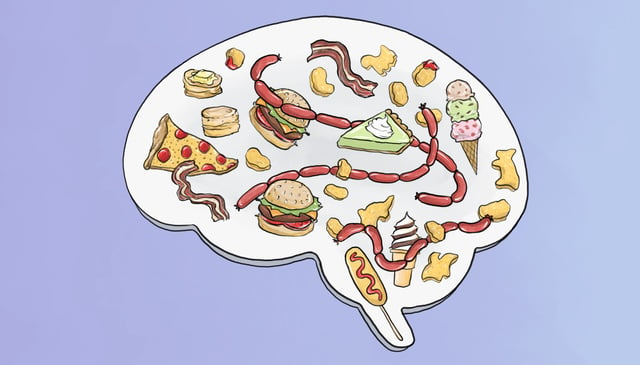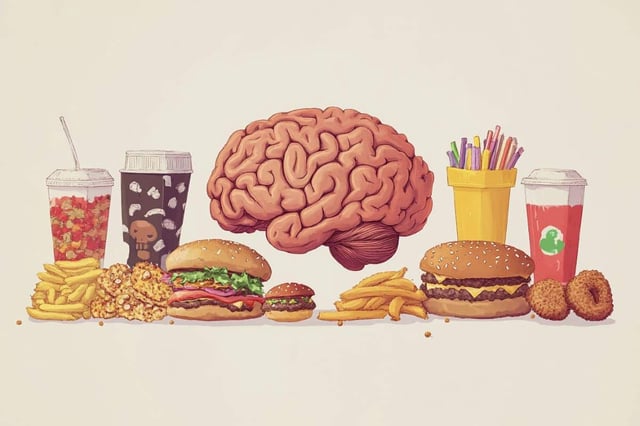Overview
- A University of California-Berkeley study identifies a disrupted brain circuit involving neurotensin and dopamine in obese individuals, reducing the pleasure response to high-fat foods.
- Low neurotensin levels in obese mice were found to blunt dopamine signaling, diminishing food-related enjoyment and driving habitual overeating.
- Restoring neurotensin levels in mice through genetic methods or dietary changes improved dopamine function, normalized weight gain, and increased motivation to eat in a balanced way.
- The findings challenge the assumption that overeating in obesity is purely pleasure-driven, suggesting it is often habitual or emotionally motivated.
- While the study highlights promising therapeutic strategies targeting neurotensin signaling, further research is needed to confirm its applicability to humans.



